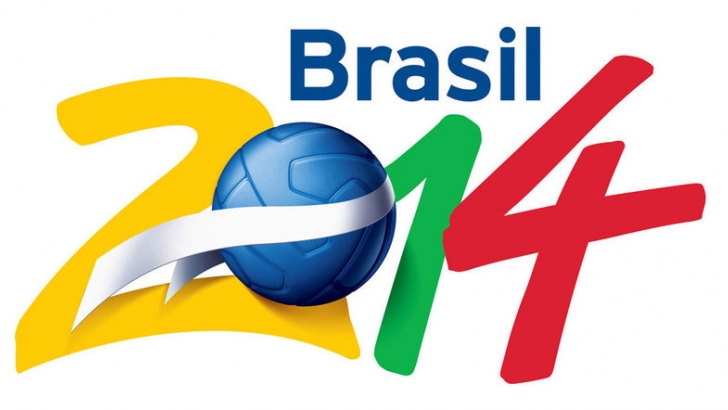Goldman Sachs (GS) isn’t the first place you would think to consult for betting advice on the World Cup, but the analysts who opine on GDP and EBITDA clearly have strong opinions on the beautiful game.
The financial giant has just issued a 67-page fest of sports wonkery called The World Cup and Economics 2014. Despite its name, the document is 99 percent soccer, 1 percent economics. There are profiles on every team in the tournament, an interview with former German player and coach Franz Beckenbauer, and tongue-in-cheek charts (such as one showing a positive correlation between a country’s number of World Cup finals appearances and how much arable land it has).
“Amongst all unimportant subjects, football is by far the most important.”—Pope John Paul II
The quote above from John Paul II appears in Goldman’s report, perhaps to justify why its best people put so much time into this project. “We could only wish for this level of dedication from our team around the world to their regular tasks,” Goldman’s chief markets economist and its chief economist wrote in a joint preface.
Goldman wheeled out its heaviest econometric machinery to predict the outcome of the tournament, making liberal use of Monte Carlo simulations and Elo rankings. Its formula gives home-team Brazil a 48.5 percent chance of taking the cup, followed by Argentina at 14.1 percent, Germany at 11.4 percent, and Spain at 9.8 percent. Ladbrokes.com(LAD:LN) was giving Brazil only about a 25 percent chance of winning the World Cup at the time of the document’s publication, so Goldman is way high on the Brazilians.

Goldman admits that its model doesn’t account for any factors in success other than a team’s track record: For example, “If a key player who was responsible for a team’s recent successes is injured, this will have no bearing on our predictions.”
Bloomberg Sports has its own data wonks, and they give Brazil a 22.1 percent chance of winning, in line with Ladbrokes.com.
Sean Korner, a Bloomberg Sports product manager, says the Bloomberg formula incorporates player ratings to account for the fact that teams may not have all their stars on the field when they play in qualifying rounds.

For the record, Goldman’s method would have done pretty well in the 2010 World Cup. If it had been used then, it would have correctly predicted 13 of the 16 teams that advanced to the knockout stages, five of the eight teams in the quarterfinals, and three of the four teams in the semifinals. But it would have picked Brazil, rather than Spain, as the cup winner. What is it with Goldman and Brazil?

